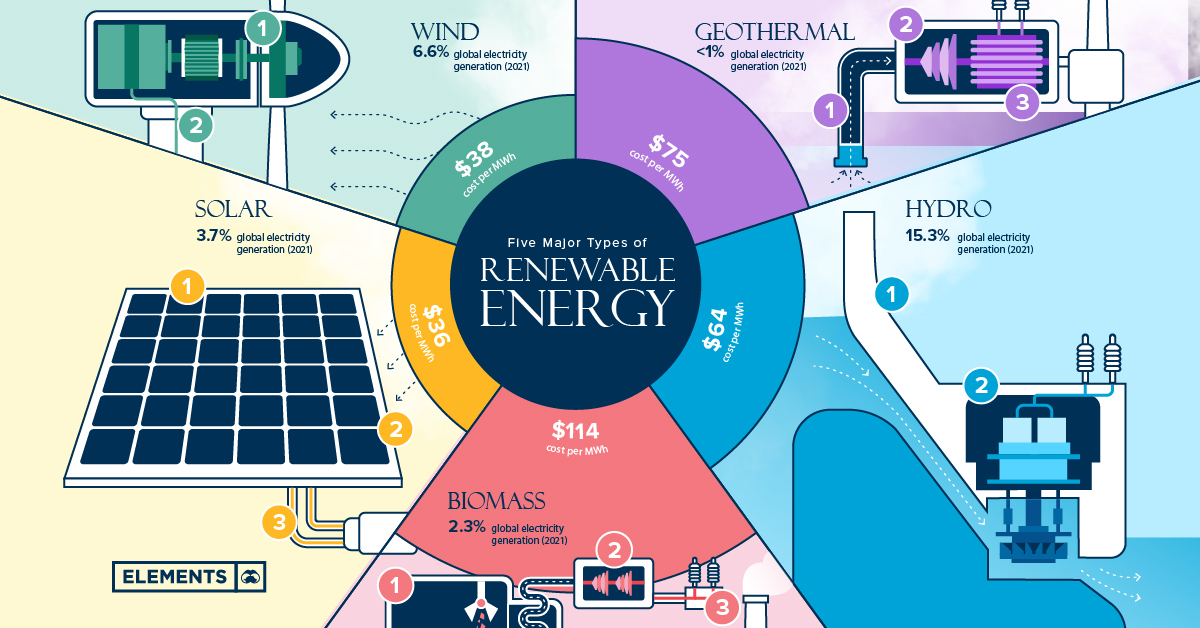The Impact of Climate Change on Renewable Energy Sources
Climate change is a global phenomenon that causes significant impacts on our environment, economies, and social well-being. The rise in average temperatures, extreme weather events, and sea level rise are among the most visible effects of climate change. With the growing concern for carbon emissions and the need for cleaner sources of energy, renewable energy has become an increasingly important part of the energy mix. However, the impact of climate change on renewable energy sources is a complex issue that requires careful consideration.
Powering Through: The Resilience of Renewable Energy in a Changing Climate
Renewable energy sources such as wind, solar, and hydro power have shown remarkable resilience in the face of climate change. With the development of innovative technologies and better understanding of weather patterns, renewable energy sources have become more reliable and efficient. For instance, wind turbines can now operate in extreme wind conditions, while solar panels can still generate electricity on cloudy days. Furthermore, renewable energy sources are not dependent on finite resources, making them a more sustainable option in the long run.
However, there are still some challenges that need to be addressed. The increasing frequency of extreme weather events such as hurricanes, floods, and droughts can damage renewable energy infrastructure and disrupt power generation. Moreover, rising temperatures can reduce the efficiency of some renewable energy systems. Nonetheless, many renewable energy systems are designed to withstand extreme weather conditions, and scientists and engineers are constantly working to find solutions to these challenges.
From Sunny Skies to Stormy Seas: Challenges and Opportunities for Clean Energy
Renewable energy sources are not immune to the impacts of climate change. For instance, rising sea levels can affect offshore wind turbines and wave energy devices. Furthermore, changes in weather patterns can alter the availability of water for hydropower systems. Nevertheless, these challenges also create opportunities for innovation and adaptation. For instance, floating wind turbines and wave energy devices that can withstand rough seas are being developed. Additionally, new forms of renewable energy, such as geothermal, biomass, and tidal power, are emerging as viable options.
In conclusion, the impact of climate change on renewable energy sources is a multifaceted issue that requires a comprehensive approach. While renewable energy has shown remarkable resilience in the face of climate change, there are still challenges that need to be addressed. However, with continued innovation and adaptation, renewable energy sources can play a critical role in mitigating the effects of climate change and promoting a sustainable future.













